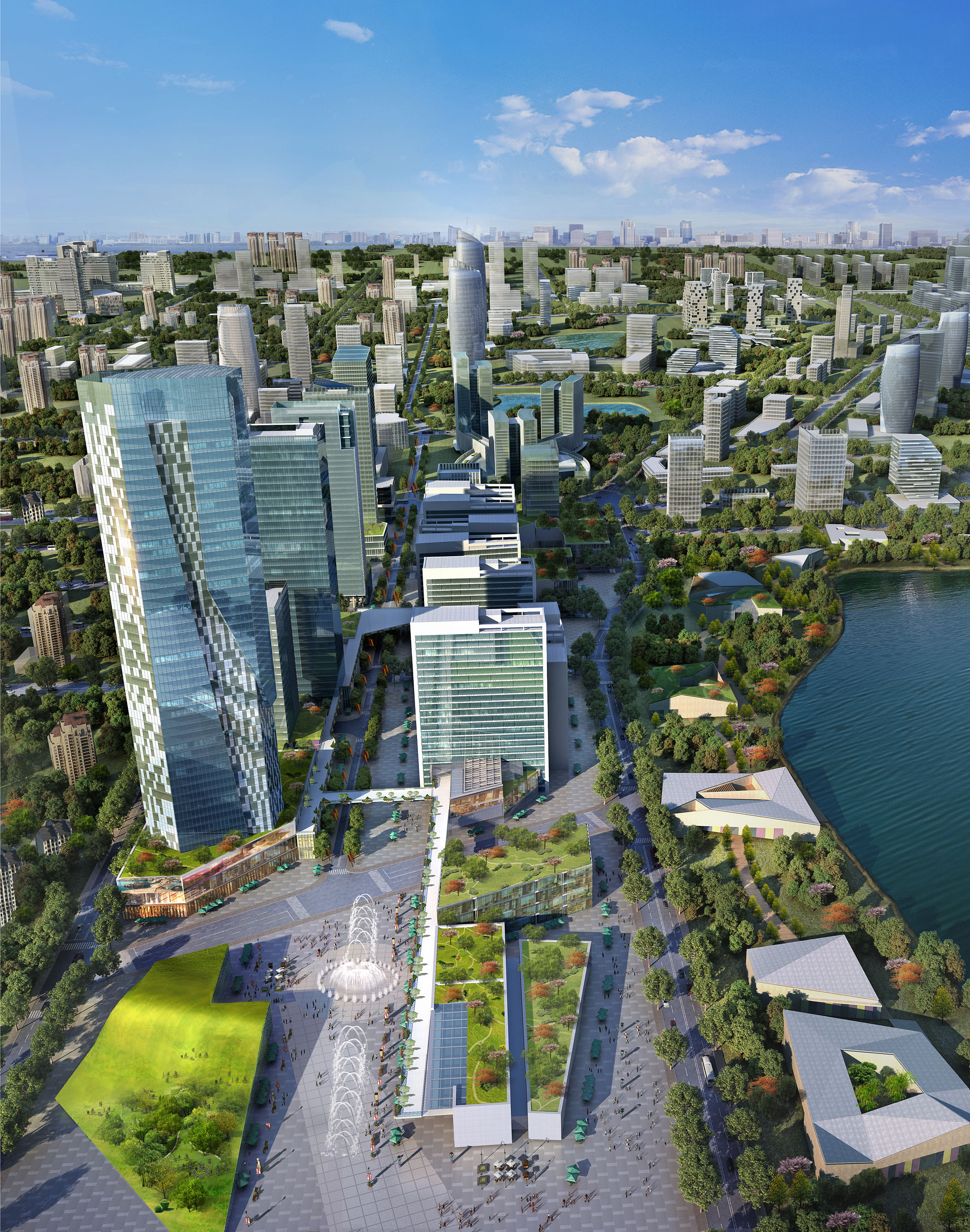Singapore's private-sector-led business park in Chengdu has seen three out of the six major trunk roads completed and is intensifying efforts to attract investments.
The Singapore-Sichuan Hi-Tech Innovation Park (SSCIP), as the 10.34 sq km facility is called, is being jointly developed by Chengdu Hi-Tech Zone and Singapore's Singbridge Holdings and Sembcorp Development.
It has secured commitments from 16 companies - mostly in biomedical sciences and information technology - to invest a total of about 19 billion yuan (S$4 billion) in the park.
"We're now talking to a few Singapore companies to come here," said Mr Federick Ow, general manager of industry promotion at SSCIP's development company.
The park is looking to sharpen its focus on the biomedical sector, tapping the abundant biomedical-related resources in Chengdu, including its universities and local companies.

The plan is to double the industry land allocated for biomedical sciences to 50 per cent.
Mr Ow believes the key to making the park a success is to differentiate it from the thousands of business parks across China.
In fact, it should play a complementary role to its neighbour - the Tianfu Software Park.
Mr Ow is convinced that the park should offer something different, like biometrics, which combine biomedicine with technology or personalised telemedicine, especially in earthquake-prone Sichuan.
Other than biomedical companies, the park also needs an international hospital to serve its community when it is completed in 2020.
The park will be courting several potential international names - including Singapore ones - that fulfil its criteria.
The park's development is "on track", said Mr Ow, adding that 70 per cent of its infrastructure will be completed within one to two years.
Connectivity between the park and the rest of the Chengdu Hi-Tech Zone has been established through three trunk roads and two subway stations on the west side of the park.
Mr Ow noted that there has been a "fair bit" of interest from American investors over the last year.
It will expand its promotion efforts to Europe and Japan next, but many foreign investors do not know where Chengdu is and how it compares with Beijing, Shanghai, Guangzhou and Shenzhen.
"Chengdu is a place that sells itself once people come here - the (moderate) pace of life and the (availability of) talent," said Mr Ow.
So the first step is to convince investors to visit Chengdu.
Mr Ow hosted eight American companies at the park over three weeks from late September.
He said they knew Chengdu had a well-developed information technology sector, but were amazed to find that the city was also quite advanced in biomedical sciences.
Given Chengdu's relative obscurity to foreign investors, Mr Ow also plans to sell a packaged deal to them, drawing Singapore into the picture. The investors could park the intellectual property part of their business in Singapore and conduct testing, manufacturing and sales and marketing in Chengdu.
Mr Ow believes that the combination of Singapore and Chengdu could rival the attractiveness of Beijing and Shanghai.
So far, interest from foreign investors remains strong, and Mr Ow said he has not felt the effects of China's slowdown in Chengdu.
"Maybe, we'll see some of that this year," he added.

